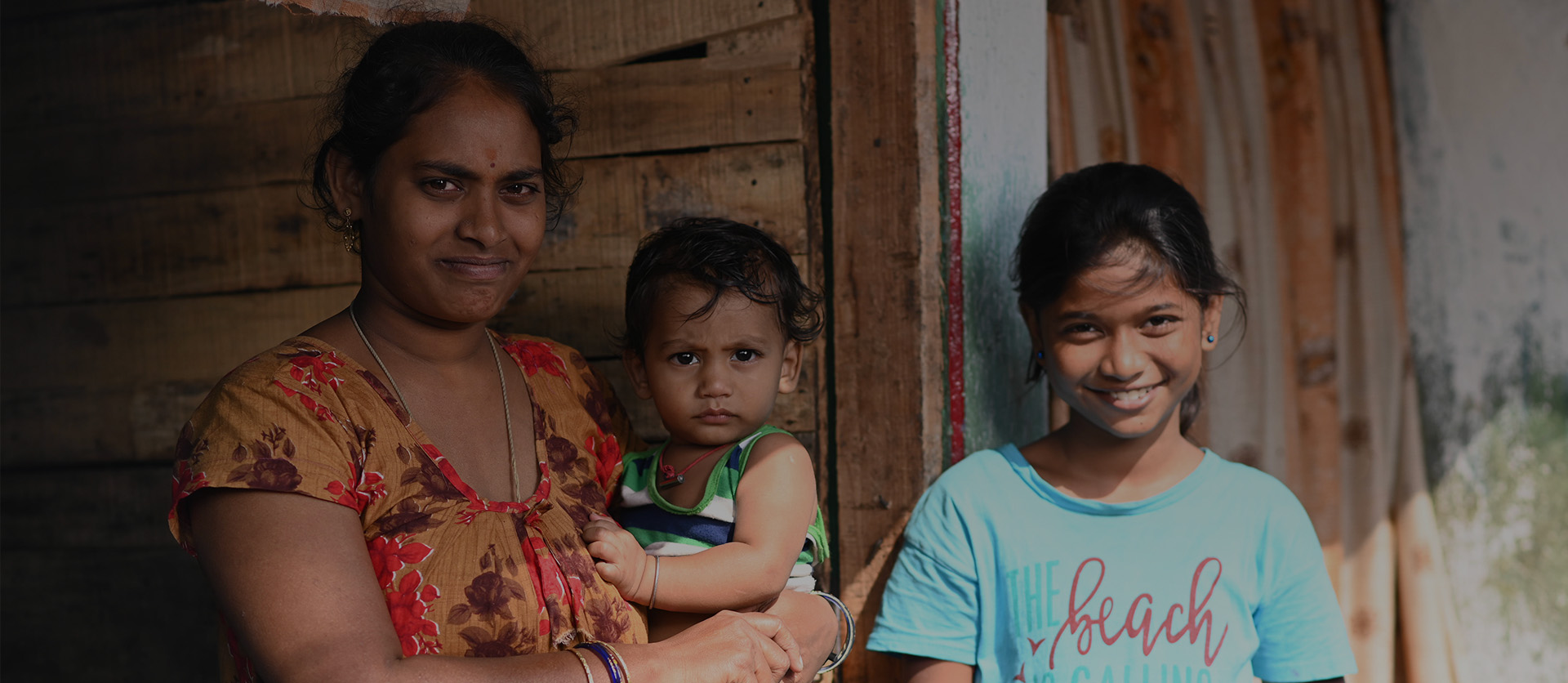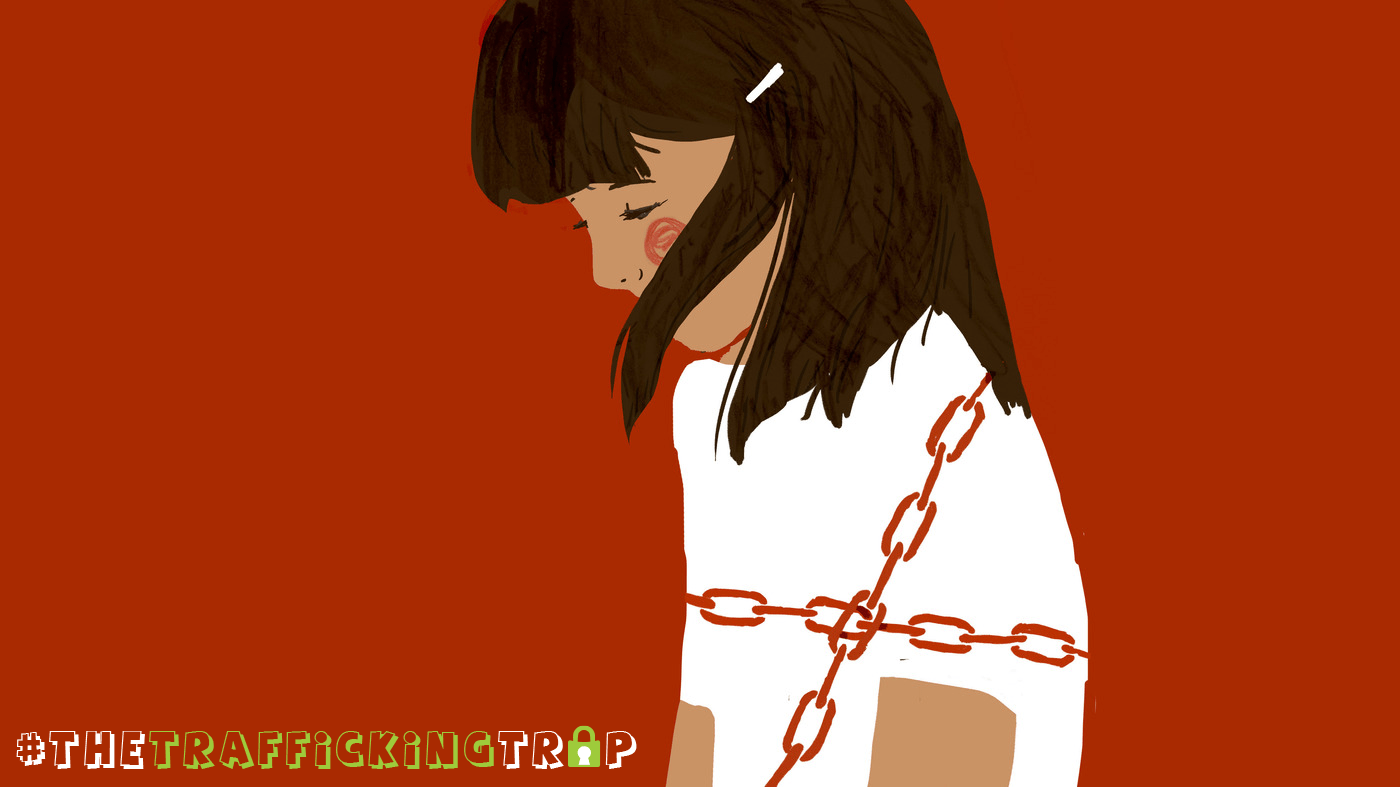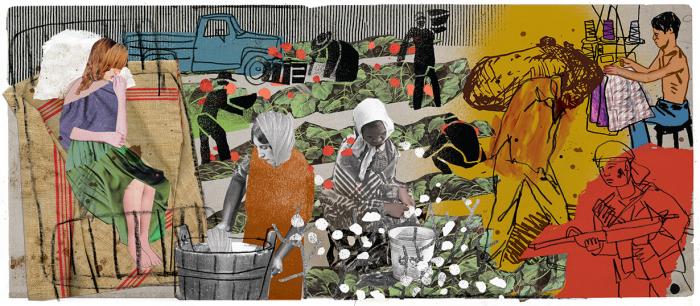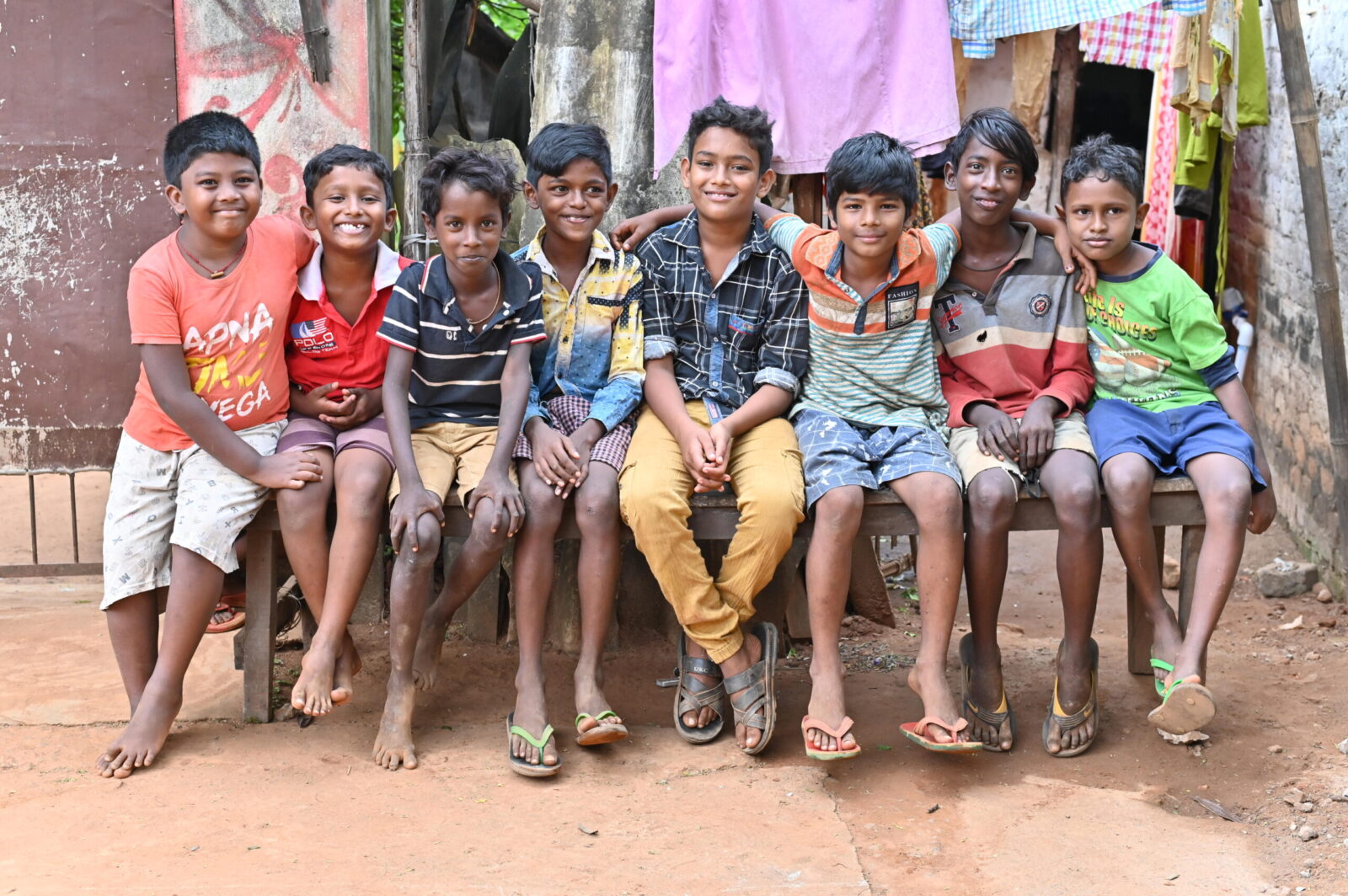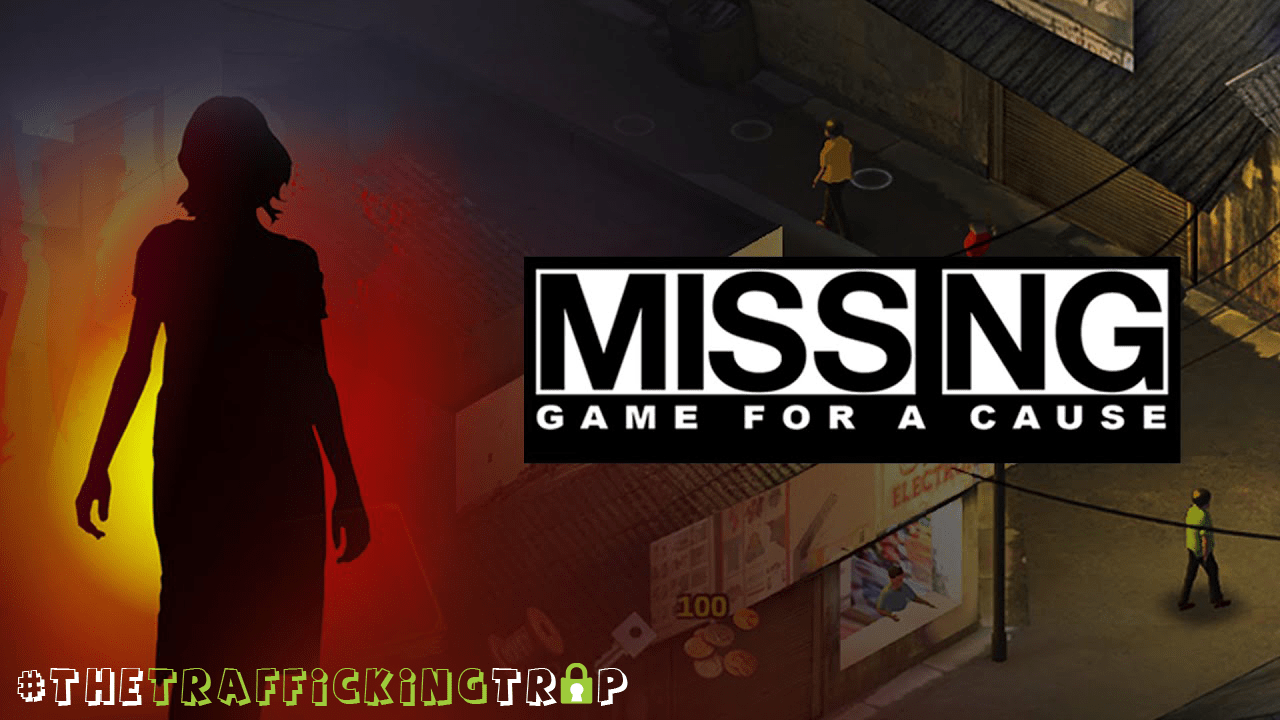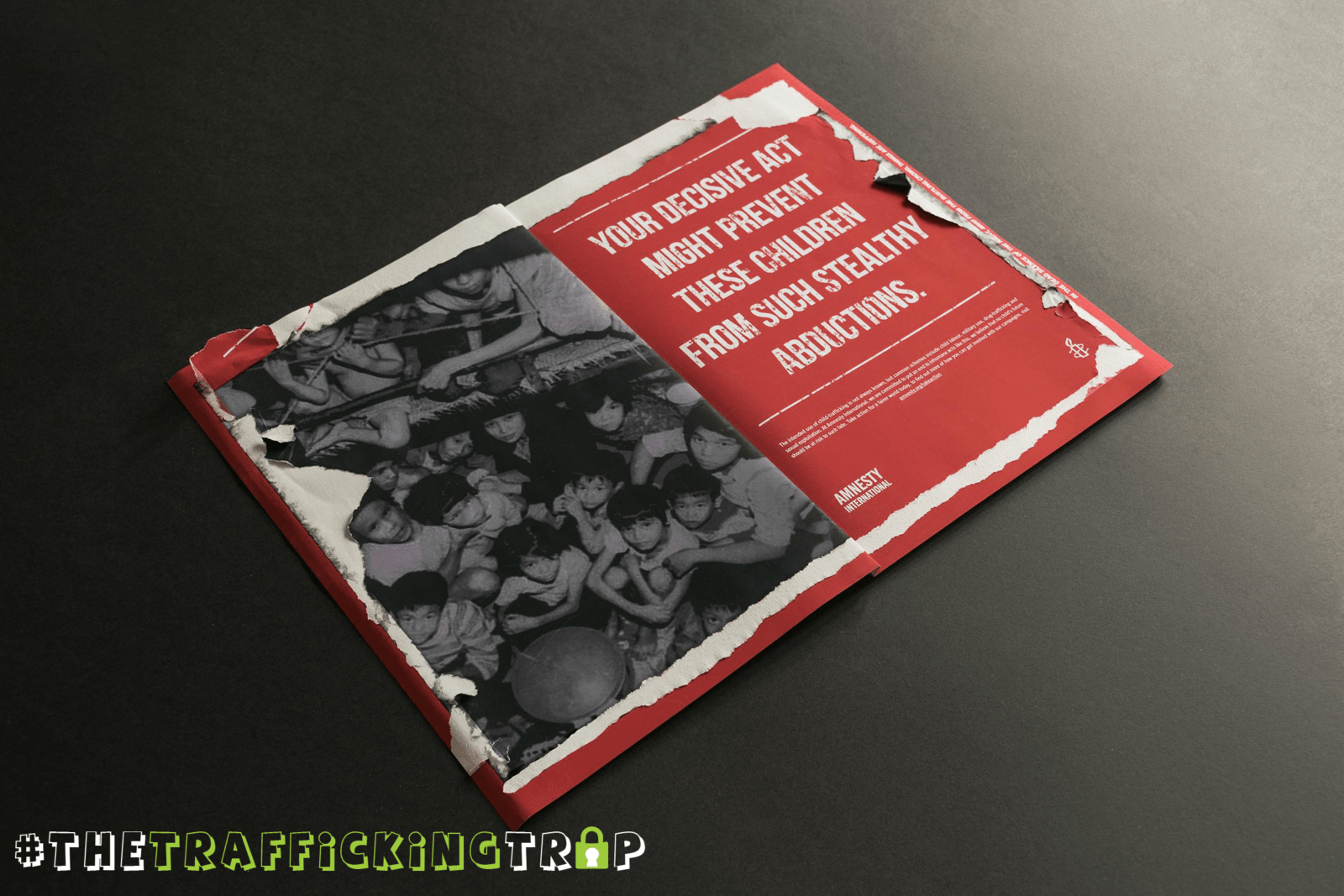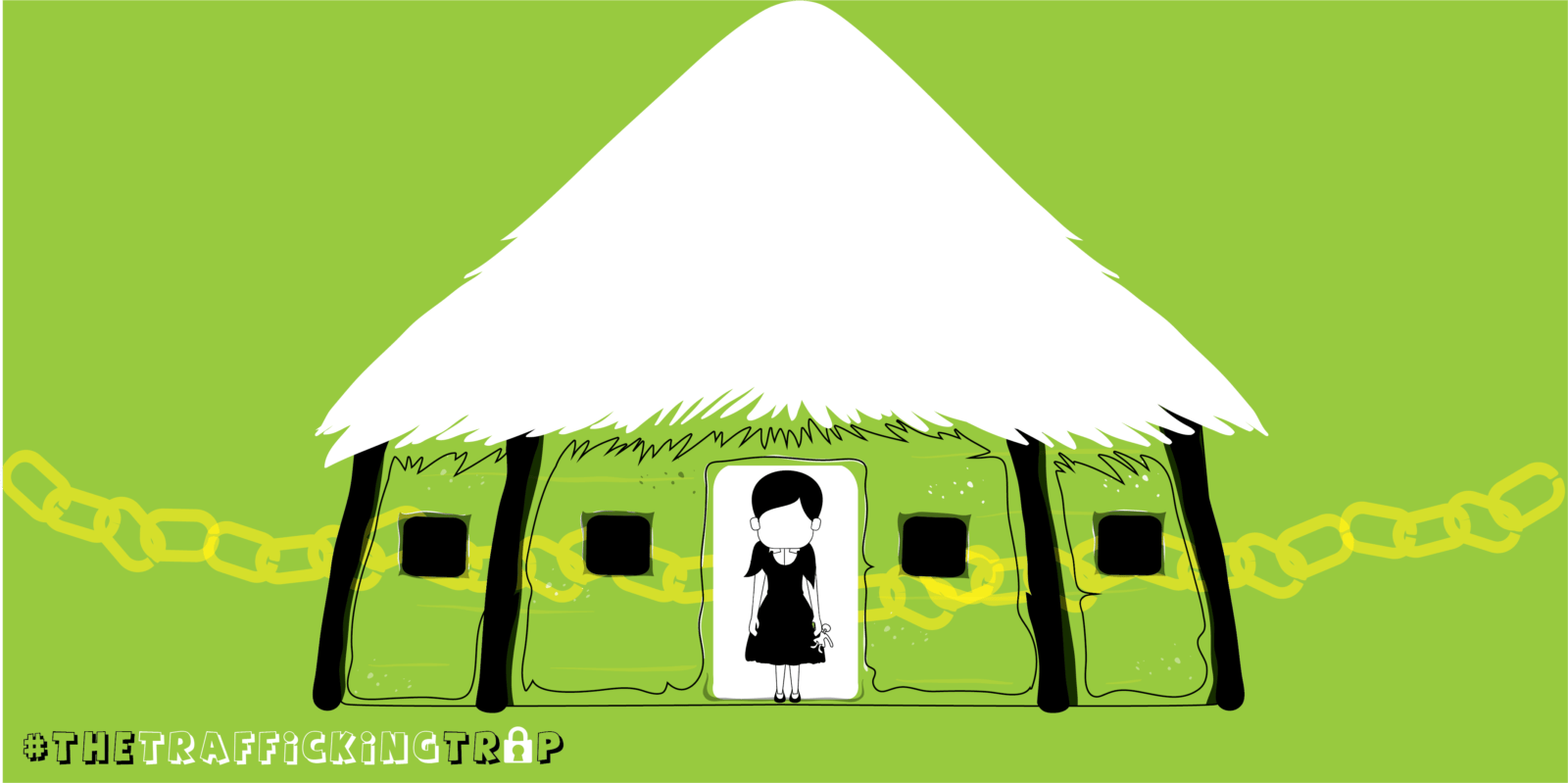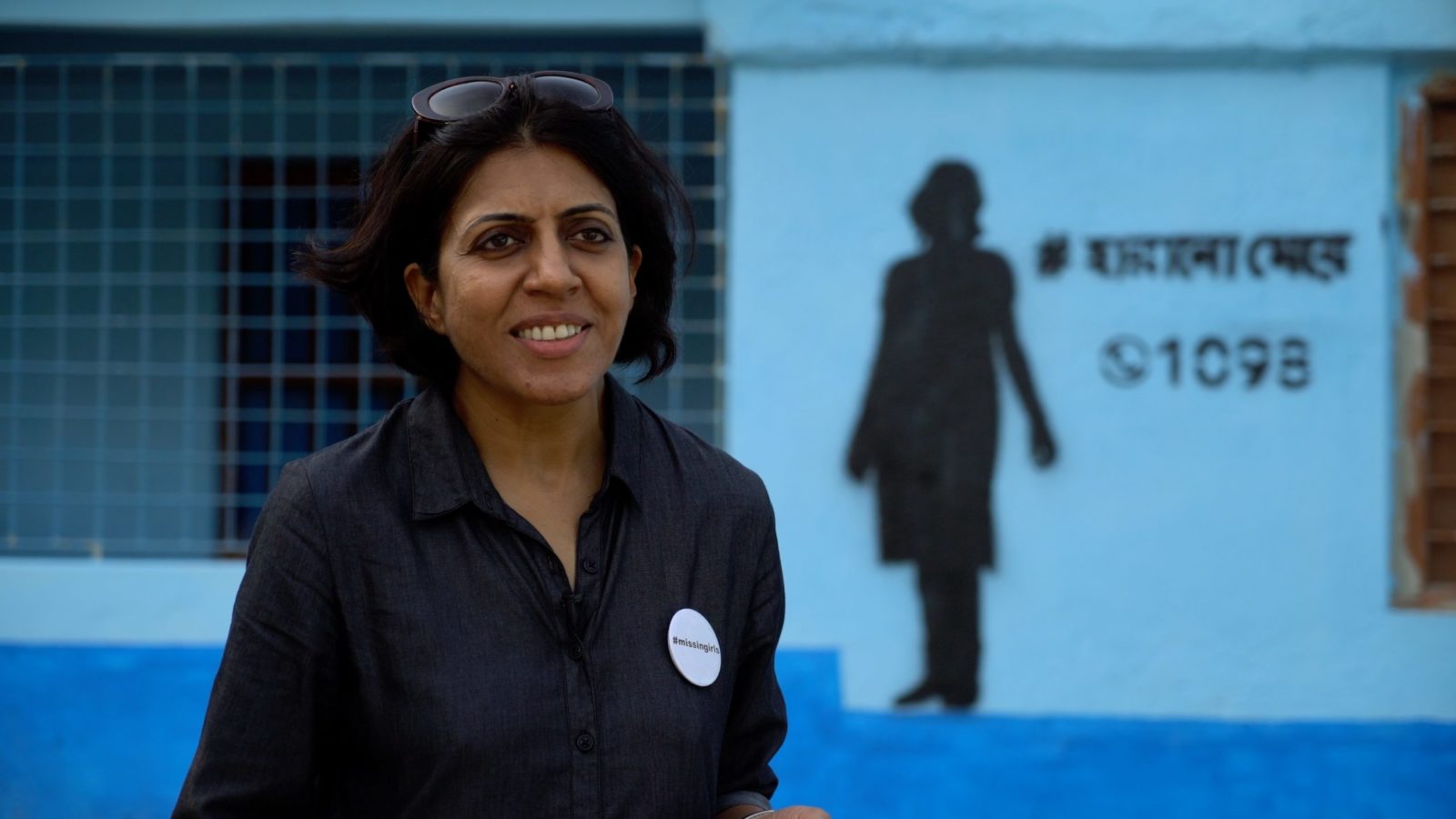When India went into lockdown, schools and workplaces closed, and millions of families lost their livelihoods. A battered economy provided a fertile ground for human traffickers, targeting desperate families and their children. Families had no choice but to pull their children out of school, and push them to work, to bring in any income they could.
The pandemic sharpened the edge of all inequalities. No one felt the weight of its blow more than India’s children, the majority of whom were already living in vulnerable and deplorable circumstances. Today, the most fragile of them are at grave risk of falling through the cracks, and being pushed into a tunnel that is dark and unending, stripping them of any chance of a secure and happy childhood.
Yanked out of the safety of their homes, children are being forced into labour, early marriages, or being trafficked to sweatshops and brothels, a life that no child should ever have to witness. Each child lost to The Trafficking Trap adds up to an inter-generational deficit of learning, opportunity and well-being that will set back our country and the world, by decades. While the web of child trafficking is a battle on many fronts, it isn’t one we can afford to lose.
The trafficking trap

Disclaimer: Please note that the details shared on this website are illustrative of the activities undertaken by Railway Children India, and the change that your donation can make to the lives of children. Railway Children India, based on the needs and requirements on the ground, shall have the discretion to allocate resources to areas that needs/requires funds the most at the time. All donations made to Railway Children India are exempt from Income Tax under as per Section 80G of the Income Tax Act, 1961.
Data Security: Railway Children India takes utmost precautions with your personal data. For further details, please visit the "Privacy Policy" of Railway Children India available on this website.
Data Security: Railway Children India takes utmost precautions with your personal data. For further details, please visit the "Privacy Policy" of Railway Children India available on this website.
©️ 2024 Railway Children India. All rights reserved. | Railway Children India is a Non-Profit organisation, registered under section 8 of The Companies Act, 2013 with registration number U85100DL2013NPL260371.


